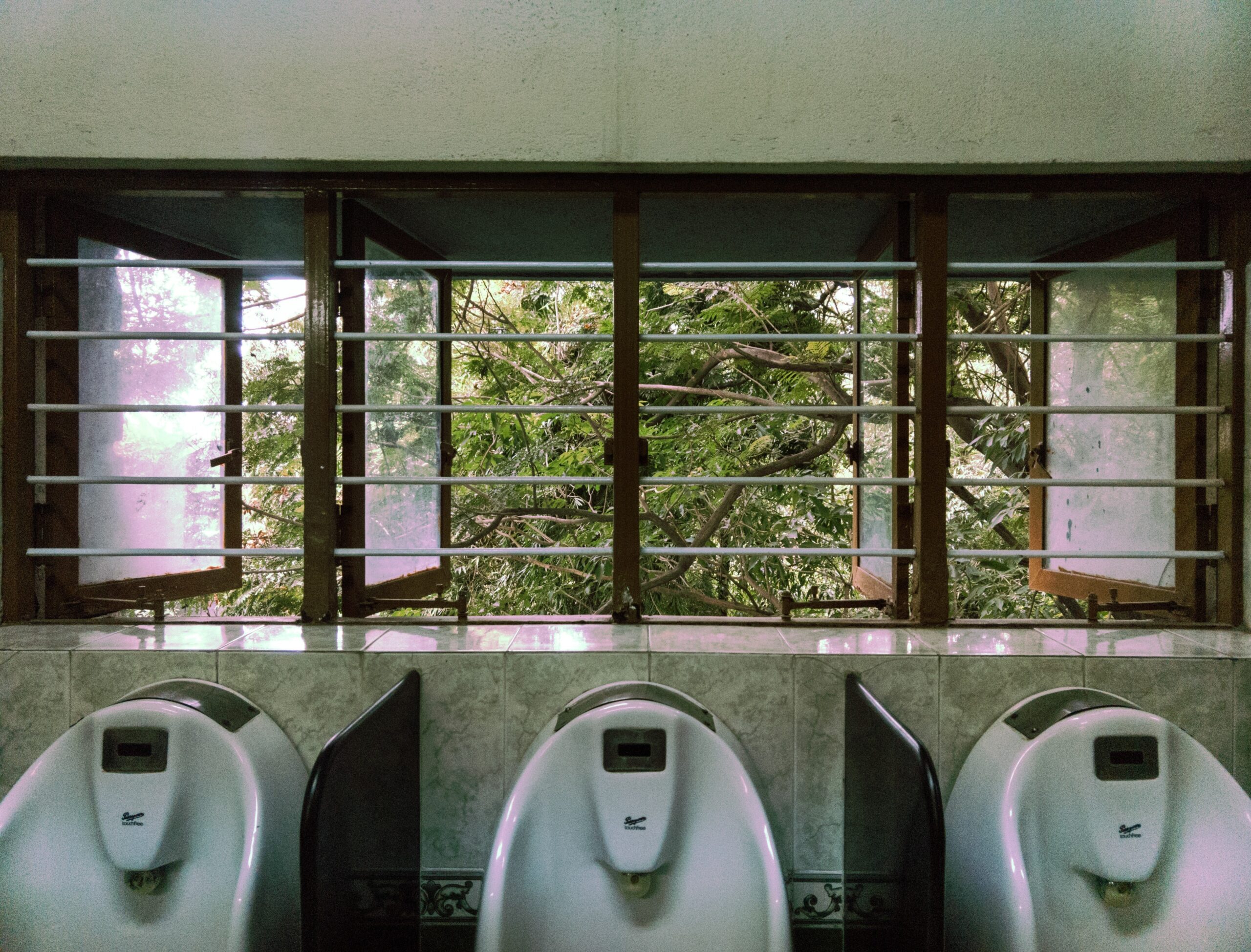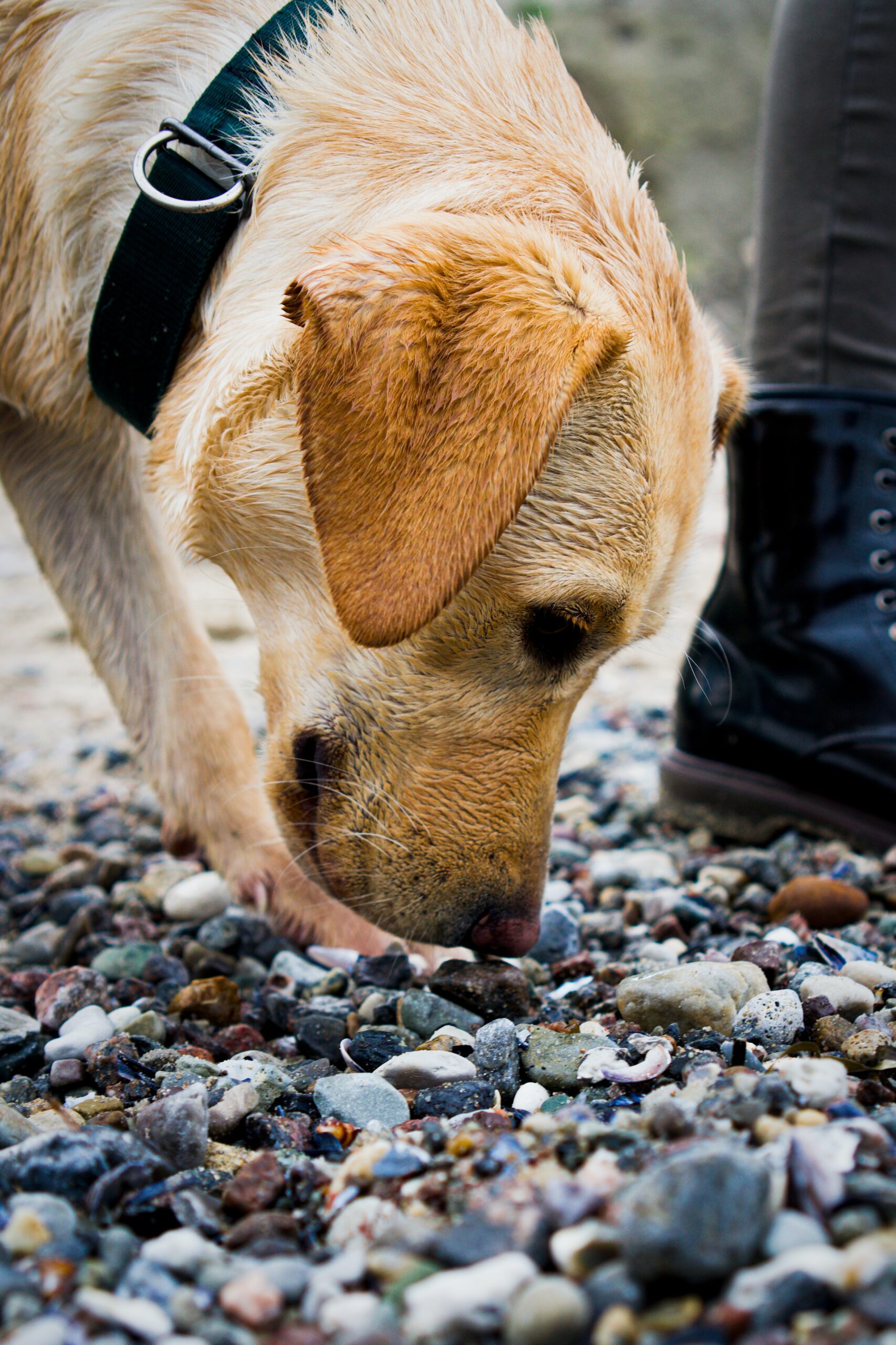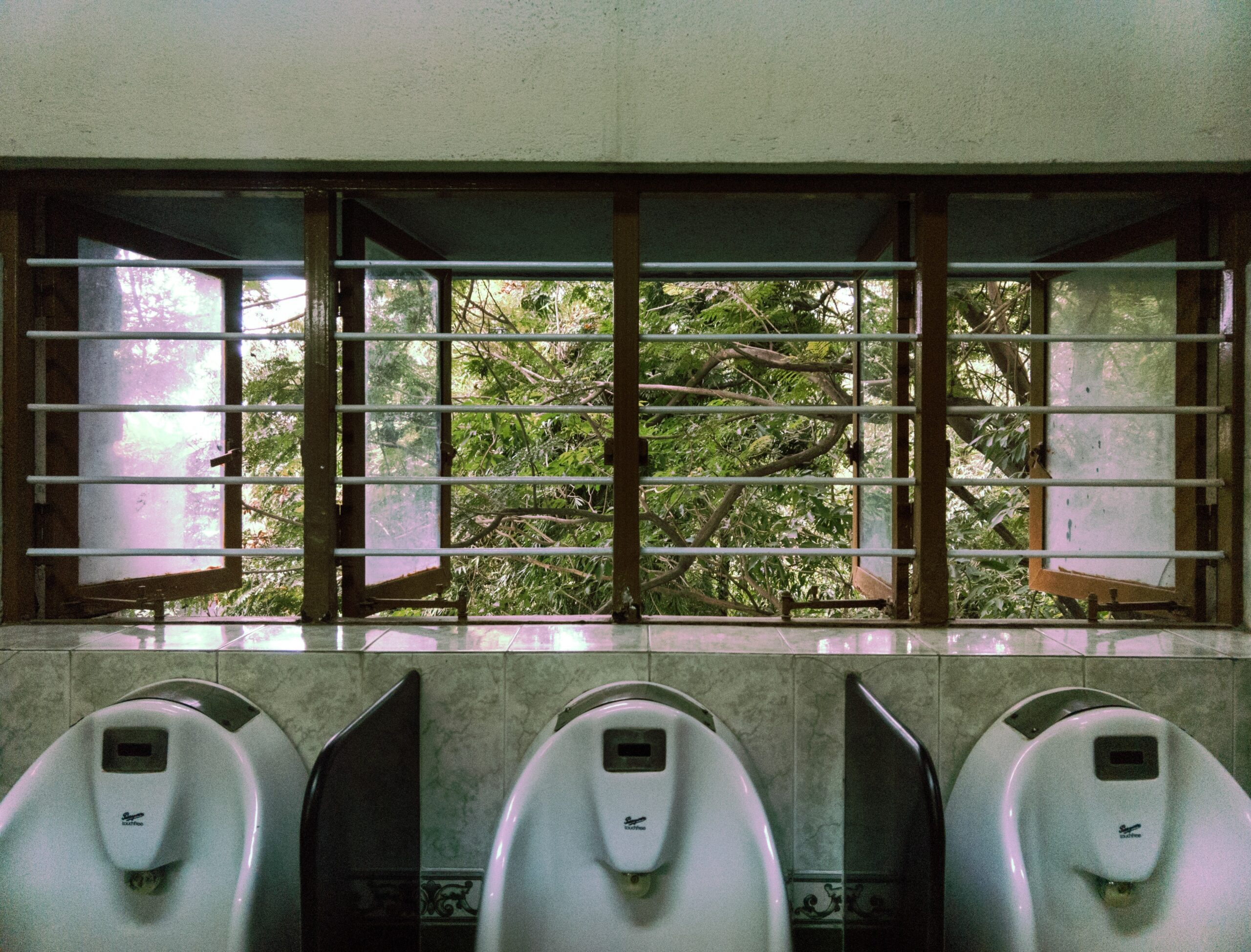Have you ever experienced the unpleasant situation of having your urine smell bad when you have kidney stones? This article aims to shed light on the reasons behind this peculiar phenomenon. Kidney stones are notorious for causing discomfort, but the presence of foul-smelling urine may come as an additional source of concern. Understanding the connection between kidney stones and the malodor of urine can provide insights into your condition and help you take necessary steps towards managing it effectively. So, let’s delve into the intriguing world of kidney stones and uncover the mystery behind the unpleasant odor.

Understanding Kidney Stones
Kidney stones are hard mineral and salt deposits that form in the kidneys. They can vary in size and shape and can cause significant discomfort and pain when they pass through the urinary tract. Kidney stones are quite common, affecting millions of people worldwide. Understanding kidney stones is crucial in order to manage and prevent them effectively.
Definition of Kidney Stones
Kidney stones, also known as renal calculi, are solid masses that develop from deposits of calcium, uric acid, oxalate, or other various substances in the urine. These substances can crystallize and form stones within the kidneys. Kidney stones can range in size from tiny grains to larger, more substantial stones that can cause blockages in the urinary tract.
Common Types of Kidney Stones
There are several different types of kidney stones, each classified based on the substances that make up the stone. The most common types of kidney stones include:
-
Calcium Stones: These are the most prevalent type of kidney stones, accounting for approximately 80% of cases. They are usually made up of calcium oxalate or calcium phosphate.
-
Uric Acid Stones: These stones form when there are high levels of uric acid in the urine. They can be associated with conditions like gout or high-purine diets.
-
Struvite Stones: Also known as infection stones, struvite stones typically form as a result of urinary tract infections. They can grow rapidly and cause significant complications.
-
Cystine Stones: These stones are rare and are caused by a genetic disorder that affects the reabsorption of the amino acid cystine in the kidneys.
Symptoms and Diagnosis of Kidney Stones
Many kidney stones are asymptomatic and are incidentally detected during routine medical examinations. However, when symptoms do occur, they can be severe and require medical attention. Common symptoms of kidney stones include:
- Intense pain in the back or side that radiates to the lower abdomen and groin.
- Blood in the urine.
- Frequent urination.
- Urgency to urinate.
- Cloudy or foul-smelling urine.
- Nausea and vomiting.
To diagnose kidney stones, healthcare professionals may perform various tests and procedures. These can include blood tests, urine tests, imaging studies such as X-rays or CT scans, and in some cases, a urine stone analysis to determine the type of stone present.
How Kidney Stones Develop and Affect Urinary System
The Process of Kidney Stone Development
Kidney stones develop when certain substances in the urine become highly concentrated and form crystals. Over time, these crystals can grow and combine to form larger stones. The exact process of stone development can vary depending on the type of stone and individual factors such as diet and hydration levels.
The Impact on the Urinary System
Kidney stones can have a significant impact on the urinary system. As the stones move through the urinary tract, they can cause blockages that obstruct the flow of urine. This obstruction can lead to pain and discomfort, as well as potential complications such as urinary tract infections or kidney damage.
Possible Complications of Kidney Stones
If left untreated, kidney stones can lead to several complications. These complications may include:
- Urinary tract infections: The presence of kidney stones can create an environment suitable for bacteria growth, increasing the risk of infections.
- Hydronephrosis: This occurs when the kidney becomes swollen due to an obstruction caused by a kidney stone.
- Kidney damage: Blockages from kidney stones can impair kidney function and potentially cause long-term damage.
- Recurrent stones: Once an individual has had kidney stones, they are at a higher risk of developing future stones.
Why Kidney Stones May Cause Bad-Smelling Urine
The Role of Waste Materials in Urine
Urine is a waste product that contains various substances that the body needs to eliminate. These substances can contribute to the smell of urine, especially if their concentrations are higher than normal. Some waste materials in urine, such as ammonia and sulfates, can create an unpleasant odor.
Contributing Factors to Foul-Smelling Urine
In the case of kidney stones, foul-smelling urine can be attributed to several factors. These factors can include:
-
Concentrated urine: When the body is dehydrated or not adequately hydrated, urine becomes more concentrated. This concentration can result in a stronger, more noticeable odor.
-
Infection: Kidney stones can increase the risk of urinary tract infections. These infections can lead to a strong odor in the urine due to the presence of bacteria.
-
Obstruction: Blockages in the urinary tract can inhibit the normal flow of urine. This stagnation can promote the growth of bacteria, contributing to a foul odor.
The Connection Between Kidney Stones and Urine Odor
When kidney stones cause an obstruction or infection in the urinary system, it can lead to changes in urine odor. The concentration of waste materials, along with the presence of bacteria, can result in strong-smelling urine. It is essential to address kidney stones promptly to prevent further complications and alleviate any associated urine odor.
Other Symptoms Associated with Kidney Stones
Pain and Discomfort
One of the most common and notable symptoms of kidney stones is intense pain. The pain is typically felt in the back or side and can radiate to the lower abdomen and groin. The severity of the pain can vary, ranging from moderate discomfort to excruciating agony.
Changes in Urine Colour
Kidney stones can also cause changes in urine color. The presence of blood in the urine, known as hematuria, can give the urine a pink, red, or brownish hue. Additionally, dehydration or the concentration of waste materials can cause the urine to appear darker or cloudy.
Other Concurrent Symptoms
In addition to pain and changes in urine color or odor, kidney stones may cause various other symptoms. These can include:
- Frequent urination.
- Urgency to urinate.
- Nausea and vomiting.
- Sweating and clamminess.
- Restlessness and inability to find a comfortable position.
It is important to note that not all individuals with kidney stones will experience every symptom. The symptoms experienced can vary depending on factors such as stone size and location, as well as individual pain tolerance.
Importance of Hydration in Kidney Function and Urine Odor
Water and Kidney Function
Proper hydration is crucial for optimal kidney function. Drinking an adequate amount of water helps dilute the urine and prevents the excessive concentration of substances that can lead to stone formation. It also promotes normal urinary flow, reducing the risk of blockages.
Dehydration and Kidney Stones
When you are dehydrated, the urine becomes more concentrated, increasing the likelihood of stone formation. Dehydration can also lead to reduced urine output, stagnant urine, and an increased risk of urinary tract infections. It is essential to maintain proper hydration to support kidney health and minimize the risk of kidney stones.
Hydration and Urine Odor
Hydration plays a vital role in minimizing urine odor associated with kidney stones. When you are adequately hydrated, the urine is more diluted, reducing the concentration of waste materials and minimizing the potential for strong odors. Drinking an ample amount of water throughout the day can help maintain proper hydration and promote healthier urine odor.
The Role of Diet in Kidney Stone Formation and Urine Odor
Foods that Promote Kidney Stone Formation
Certain foods can contribute to the formation of kidney stones. These include:
-
Oxalate-rich foods: Foods high in oxalate, such as spinach, rhubarb, beets, and chocolate, can increase the risk of calcium oxalate stone formation.
-
Sodium-rich foods: A diet high in sodium can promote the excretion of calcium in the urine, increasing the likelihood of stone development.
-
Animal protein: Consuming excessive amounts of animal protein, particularly red meat, can raise uric acid levels in the urine, potentially leading to uric acid stone formation.
Dietary Habits that May Exacerbate Bad-Smelling Urine
Certain dietary habits can exacerbate bad-smelling urine in individuals with kidney stones. These habits can include:
- Consuming foods with strong odors, such as asparagus or garlic, which can impart an unpleasant smell to urine.
- Eating a diet high in processed and unhealthy foods, which can increase the concentration of waste materials in the urine.
- Drinking excessive amounts of caffeinated or alcoholic beverages, which can dehydrate the body and contribute to urine odor.
Tips for Dietary Changes
To reduce the risk of kidney stone formation and minimize urine odor, consider implementing the following dietary changes:
- Increase water intake: Aim to drink at least 8 cups (64 ounces) of water per day to maintain proper hydration.
- Consume a balanced diet: Include a variety of fruits, vegetables, whole grains, and lean proteins in your diet.
- Limit sodium intake: Avoid processed and packaged foods that are high in sodium.
- Moderation with oxalate-rich foods: Although it is not necessary to eliminate oxalate-rich foods completely, it’s important to consume them in moderation.
- Talk to a healthcare professional or registered dietitian: They can provide personalized dietary recommendations based on your specific needs and medical history.

Treatment Options for Kidney Stones
Medication and Pain Management
In many cases, kidney stones can be managed with medication and pain management techniques. Depending on the size and location of the stones, healthcare professionals may prescribe medication to help facilitate the passage of the stones and alleviate related symptoms such as pain and inflammation.
Surgical Intervention if Necessary
In certain situations, surgical intervention may be necessary to treat kidney stones. This may include procedures such as:
- Extracorporeal Shock Wave Lithotripsy (ESWL): This non-invasive procedure uses shock waves to break the stones into smaller fragments, making them easier to pass.
- Ureteroscopy: This procedure involves using a thin tube with a camera to remove or break apart stones located in the ureter or kidney.
- Percutaneous Nephrolithotomy: In this surgical procedure, a small incision is made in the back to remove large stones directly from the kidney.
The choice of treatment depends on factors such as stone size, location, and individual patient characteristics. Healthcare professionals will determine the most appropriate approach for each case.
Alternative Treatments and Lifestyle Changes
In addition to medication and surgical interventions, alternative treatments and lifestyle changes may be recommended to manage kidney stones. These include:
- Extracorporeal Pulse Activation Technology (EPAT): This non-invasive treatment uses acoustic pressure waves to break down kidney stones.
- Dietary modifications: Adjusting dietary habits to reduce the risk of stone formation, as discussed earlier.
- Increased physical activity: Regular exercise can help maintain overall kidney health and promote urine flow.
Preventing Kidney Stones and Bad-Smelling Urine
Prevention plays a crucial role in managing kidney stones and minimizing associated urinary odor. By adopting certain measures and making lifestyle adjustments, you can significantly reduce the likelihood of developing kidney stones and experiencing unpleasant urine odor.
Importance of Regular Checkups
Routine checkups with a healthcare professional are essential for monitoring kidney health. Regular urine tests and imaging studies can help detect any early signs of kidney stones or related complications. By identifying stones or potential issues early, prompt intervention can be initiated to prevent further complications.
Lifestyle Adjustments for Prevention
To prevent kidney stones, consider making the following lifestyle adjustments:
- Hydration: Drink plenty of water throughout the day to maintain proper hydration and promote healthy urine output.
- Diet modification: Follow a balanced diet that is low in sodium and oxalate-rich foods. Limit intake of animal protein and processed foods.
- Physical activity: Engage in regular exercise to promote overall kidney health and help prevent stone formation.
- Limit alcohol and caffeine: Both alcohol and caffeine can dehydrate the body, so moderation is key.
Recommended Dietary Habits
Adopting specific dietary habits can significantly reduce the risk of kidney stone formation. Consider implementing the following recommendations:
- Include calcium-rich foods: Contrary to popular belief, adequate dietary calcium intake can help reduce the risk of calcium stone formation. Include foods like dairy products, leafy greens, and fortified plant-based alternatives.
- Consume citrus fruits: Citrus fruits like lemons and oranges contain citrate, which can help prevent certain types of kidney stones.
- Avoid excessive salt intake: Limit your consumption of processed foods, and opt for fresh and natural food options instead.
- Talk to a healthcare professional or registered dietitian for personalized recommendations.
Staying Hydrated
Maintaining proper hydration is crucial for preventing kidney stone formation and reducing urine odor. Aim to drink enough water every day to keep your urine clear or pale yellow. Diluted urine helps flush out substances that can lead to stone formation and minimize the concentration of waste materials that contribute to odor.
When to Seek Medical Help
Recognizing Severe Symptoms and Complications
It is important to seek medical help if you experience severe symptoms or complications related to kidney stones. Signs that you should consult a healthcare professional include:
- Unbearable pain that is not relieved by over-the-counter pain medications.
- Fever, chills, or signs of infection.
- Difficulty urinating or complete blockage.
- Persistent nausea and vomiting.
Importance of Early Detection and Treatment
Early detection and treatment of kidney stones are essential for preventing further complications. The sooner kidney stones are diagnosed, the more effectively they can be managed or treated. Prompt intervention can help alleviate symptoms, prevent blockages, and minimize potential long-term damage to the urinary system.
Consulting with Healthcare Professionals
If you suspect that you have kidney stones or have concerns about your urinary health, schedule an appointment with a healthcare professional. They will evaluate your symptoms, perform necessary tests, and provide appropriate guidance and treatment options based on your specific situation.
Living with Kidney Stones
Living with kidney stones can be challenging, but with the right coping mechanisms and lifestyle adjustments, it is possible to manage the condition effectively.
Coping Mechanisms and Lifestyle Adjustments
When living with kidney stones, it can be helpful to employ coping mechanisms such as:
-
Pain management techniques: Talk to your healthcare professional about ways to alleviate pain, such as using heat or cold therapy, practicing relaxation techniques, or taking prescribed pain medication as directed.
-
Stress management: Engage in activities that help reduce stress levels, such as meditation, yoga, or pursuing hobbies that bring joy and relaxation.
-
Support systems: Seek support from friends, family, or support groups who can provide understanding, encouragement, and emotional support during challenging times.
Understanding the Impact on Daily Life
Kidney stones can have a significant impact on daily life, particularly during episodes of pain or discomfort. It is important to acknowledge and understand that certain activities or dietary choices may need to be adjusted to manage the condition effectively. With proper management, however, it is possible to lead a fulfilling and active life.
Building a Support System
Living with kidney stones can be emotionally and physically exhausting. Building a support system of healthcare professionals, loved ones, and peers who understand your challenges can provide invaluable support. By surrounding yourself with a network of individuals who can offer guidance, encouragement, and assistance, you can navigate the journey of living with kidney stones with greater ease.
In conclusion, understanding kidney stones and their impact on the urinary system is crucial for managing and preventing their formation. By recognizing the various symptoms, implementing lifestyle adjustments, and seeking appropriate medical care, individuals can effectively manage kidney stones and minimize related complications. With proper hydration, a balanced diet, and regular checkups, it is possible to lead a healthy and fulfilling life while living with kidney stones.


